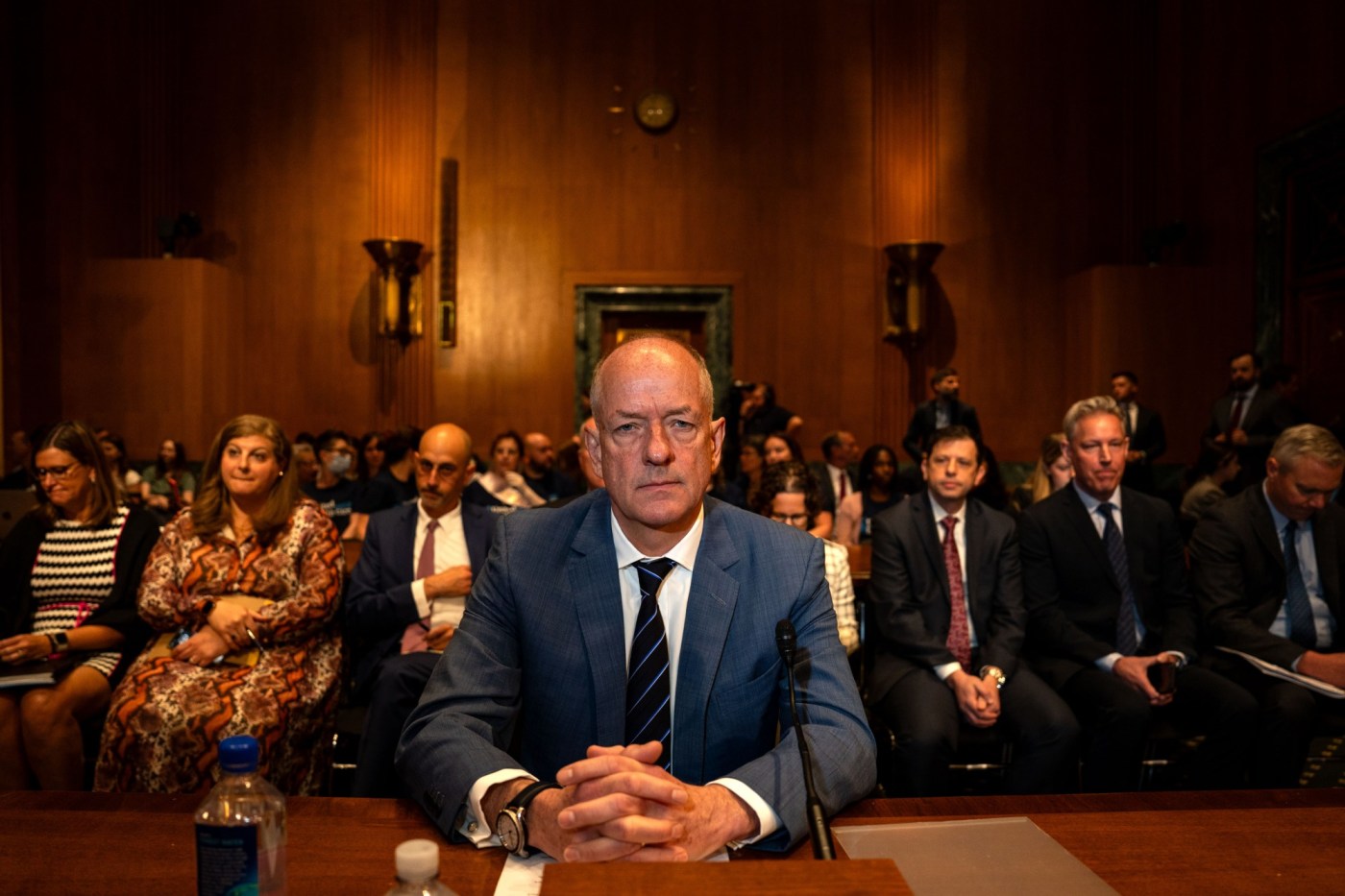Cyber Assault Exposes UnitedHealth Group’s Vulnerable Infrastructure: Lawmakers Sound Alarm
A Grave Flaw
In a stunning admission before the Senate Finance Committee, UnitedHealth Group CEO Andrew Witty acknowledged a colossal security lapse at its subsidiary, Change Healthcare. The company’s server was compromised due to the absence of multifactor authentication (MFA), a fundamental cybersecurity measure.
“Cybersecurity 101”
Committee Chair Senator Ron Wyden (D-OR) condemned the oversight as a glaring violation of “cybersecurity 101.” Senator John Barrasso (R-WY) expressed disbelief at the company’s failure to implement such a basic security protocol. Witty expressed deep regret and frustration over the flaw.
Impact on the Health System
The cyberattack has significantly disrupted the health care system, as UnitedHealth Group was forced to shut down Change Healthcare systems used for processing insurance claims. The impact has been widespread, affecting a “potentially substantial proportion” of patient data, the company estimates.
“Too Big to Fail” Scrutiny
Senator Wyden seized the opportunity to voice concerns about UnitedHealth Group’s massive size, questioning whether its dominance in the industry has contributed to lax security practices. He emphasized the need for a thorough investigation into the company’s “anti-competitive practices.”
Lack of Oversight
Lawmakers expressed astonishment that Change Healthcare had not implemented MFA, despite its known importance. Senator Barrasso pointed out that even small hospitals with limited resources had managed to adopt the technology, raising questions about UnitedHealth Group’s financial allocation.
Bipartisan Support for Investigation
Senator Wyden noted bipartisan support for further scrutiny of the issue, with both sides echoing the inadequacy of UnitedHealth Group’s explanations. Senator Tillis (R-NC) criticized the company’s lack of system redundancy, highlighting a fundamental flaw in its infrastructure.
Swift Response, Insufficient Aid
While Witty emphasized UnitedHealth Group’s swift response to the incident, lawmakers questioned the adequacy of the assistance provided to affected health care providers and patients. Minnesota clinics expressed dissatisfaction with the initial financial aid offers, leading to the company rolling out a more comprehensive assistance program.
Multifactor Authentication: A Vital Defense
Brett Callow, an analyst with Emsisoft, stressed the effectiveness of MFA in preventing cyberattacks, calling it a “basic defense mechanism.” While he acknowledged that MFA might not have entirely prevented the attack, it would have increased the difficulty significantly.
Conclusion
The cyberattack on UnitedHealth Group has exposed a clear vulnerability in the nation’s health care system. The absence of proper security measures, combined with the company’s massive size, raises concerns about the potential consequences of further attacks. Lawmakers have vowed to investigate the issue thoroughly, leaving UnitedHealth Group facing the prospect of increased oversight and accountability.
Data sourced from: dailynews.com























